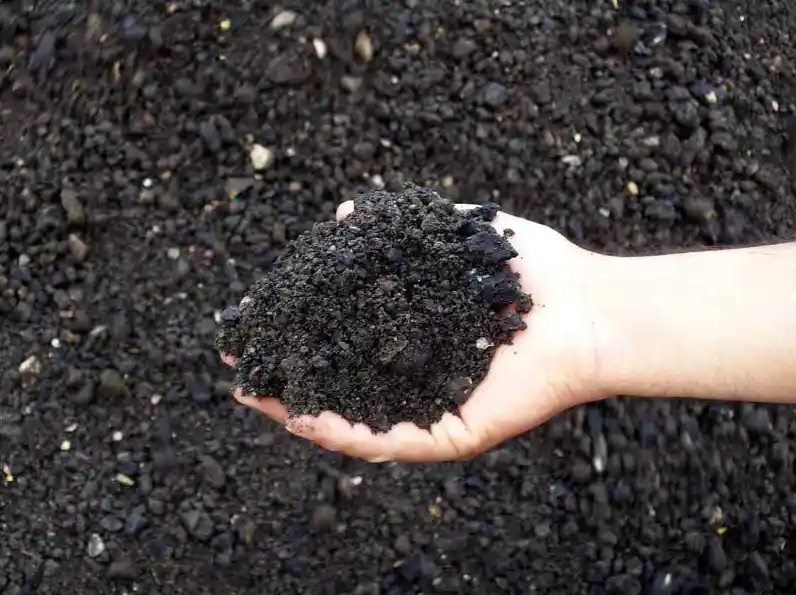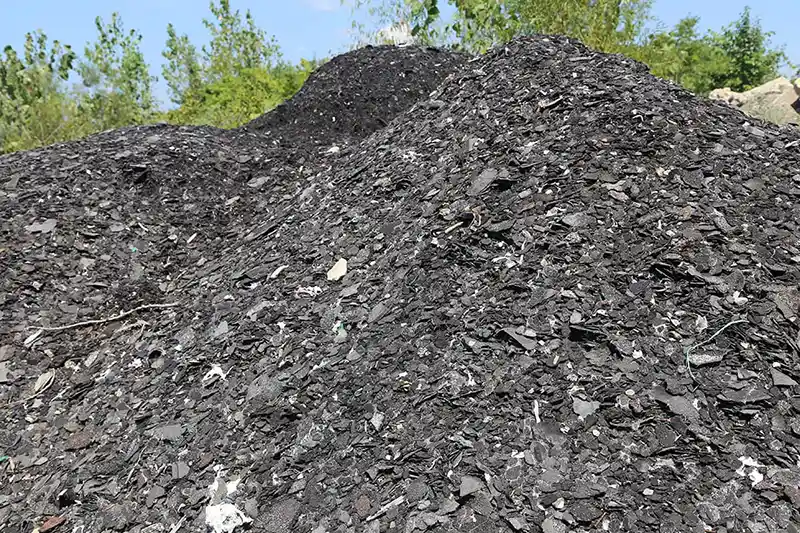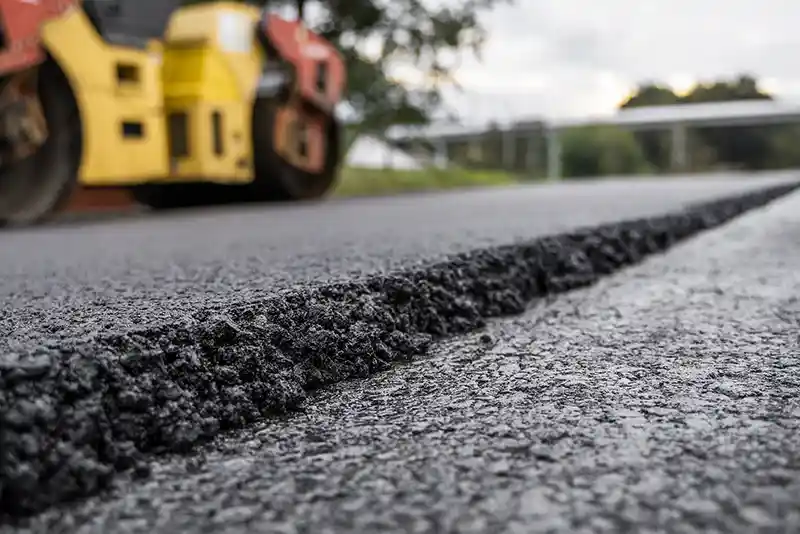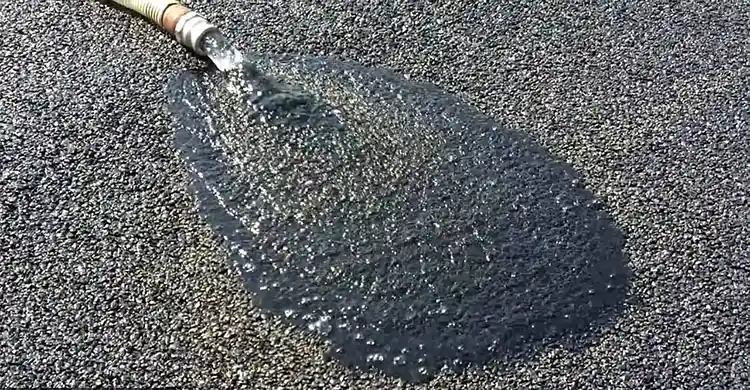In the pursuit of a greener future, we at Top Grade Paving are embracing sustainable practices. As we navigate the challenges of climate change and environmental degradation, the demand for eco-friendly paving solutions has surged. In 2024, asphalt paving companies are at the forefront of this movement, exploring innovative materials and techniques to minimize their ecological footprint while delivering high-quality infrastructure. Come with us to look at the latest advancements in sustainable materials for asphalt paving and their implications for a greener tomorrow.
Recycled Asphalt Pavement (RAP)
One of the most significant developments in sustainable asphalt paving is the widespread use of recycled asphalt pavement (RAP). By reclaiming and reusing existing asphalt materials, paving companies can significantly reduce the consumption of virgin aggregates and the energy required for asphalt production. In 2024, advanced milling and recycling technologies have made it possible to incorporate higher percentages of RAP into asphalt mixes without compromising performance. Not only does this conserve natural resources, but it also minimizes waste and lowers greenhouse gas emissions associated with asphalt production.
Reclaimed Asphalt Shingles (RAS)
In addition to RAP, reclaimed asphalt shingles (RAS) have emerged as a valuable sustainable material in Bay Area asphalt paving. Roofing shingles contain asphalt binder, which can be extracted and recycled for use in pavement construction. By diverting used shingles from landfills and incorporating them into asphalt mixes, paving companies can further reduce the environmental impact of their operations. RAS not only enhances the sustainability of asphalt paving but also improves the performance and durability of asphalt surfaces, thanks to the high asphalt content in shingles.




Warm-Mix Asphalt (WMA) Technology
Another key advancement in sustainable asphalt paving is the widespread adoption of warm-mix asphalt (WMA) technology. Traditional hot-mix asphalt production requires high temperatures, resulting in significant energy consumption and emissions of greenhouse gases. WMA technologies allow for asphalt mixing at lower temperatures, reducing energy consumption and cutting down on harmful emissions. By lowering the viscosity of asphalt binder, WMA also improves workability and compaction, leading to smoother, more durable pavements. In 2024, Santa Clara paving companies are increasingly embracing WMA as a cost-effective and environmentally friendly alternative to conventional hot-mix asphalt.
Permeable Asphalt Pavement
As concerns about stormwater management and urban runoff intensify, permeable asphalt pavement has gained traction as a sustainable solution. Unlike traditional impermeable pavements, permeable asphalt allows water to infiltrate through the surface and into the underlying soil, reducing the risk of flooding, erosion, and water pollution. In 2024, paving companies are incorporating specialized mixes and design techniques to enhance the permeability of asphalt pavements. Permeable asphalt not only mitigates the environmental impact of development but also contributes to groundwater recharge and ecosystem health.
Summary
Asphalt paving is undergoing a green revolution, driven by a growing awareness of environmental sustainability and the imperative to combat climate change. In 2024, San Jose paving companies are leveraging recycled materials, innovative technologies, and permeable designs to create more sustainable and resilient infrastructure. By embracing these sustainable materials and practices, asphalt paving companies are not only reducing their environmental footprint but also paving the way for a greener, more sustainable future.

